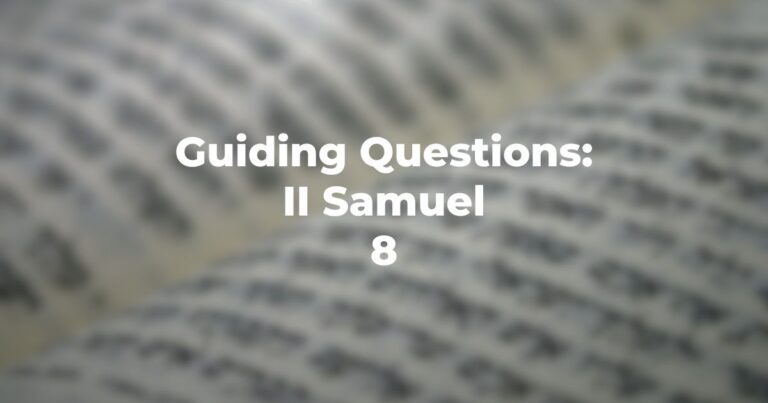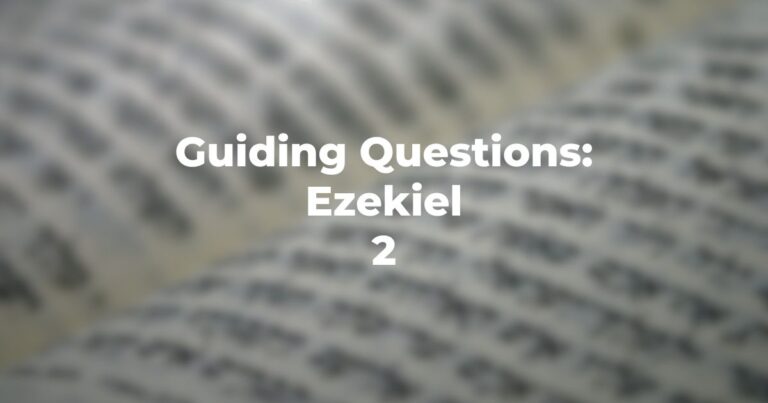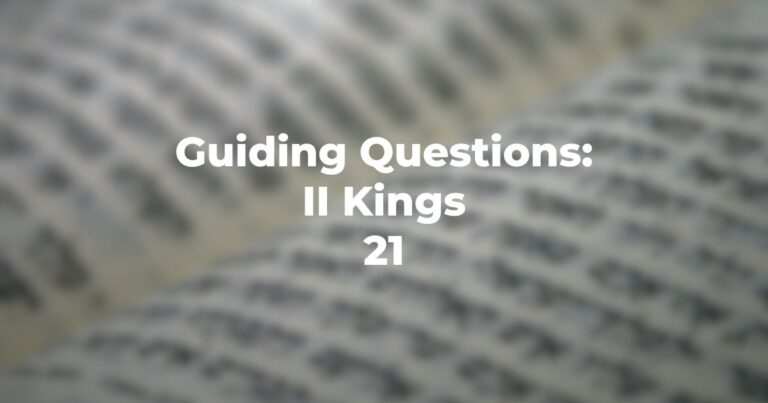- In the opening passage upon what attribute of Divinity does the pleader rely — mercy? Pity? Justice?
- In Psalms 31:3 does the reference to “ear” have a literal connotation or the (usual) poetic inference of hearing?
- In Psalms 31:5 what might be the “trap or net” which has been set?
- On flying or travel, generally, it is customary for many to say Psalms 31:6 before setting out; how would this appear to be suited where a journey is concerned?
- Would Psalms 31:8 indicate that, indeed, the Tefillah has already been answered or would Psalms 31:10 indicate that the plea continues?
- Does Psalms 31:11 appear to indicate that we are dealing with one who is aged?
- Would Psalms 31:12-13 indicate oppression which is physical or social disdain — disregard, isolation, and demeaning?
- What response does the pleader have for those who demean him (Psalms 31:15-18)?
- In Psalms 31:18 he asks that his persecutors should resemble Sheol or be silenced in Sheol — does this mean he wishes for their death or that they be silent as the grave?
- Would Psalms 31:23 indicate that there was a time when the pleader has lost confidence in his reliance on Divinity?
- What is the final conclusion of the pleader (as set forth in Psalms 31:24-25)?
- Who, then, is urged to be “strong and of good courage”?
Author
-

Exploring Judaism is the digital home for Conservative/Masorti Judaism, embracing the beauty and complexity of Judaism, and our personal search for meaning, learning, and connecting. Our goal is to create content based on three core framing: Meaning-Making (Why?), Practical Living (How?), and Explainers (What?).
View all posts





